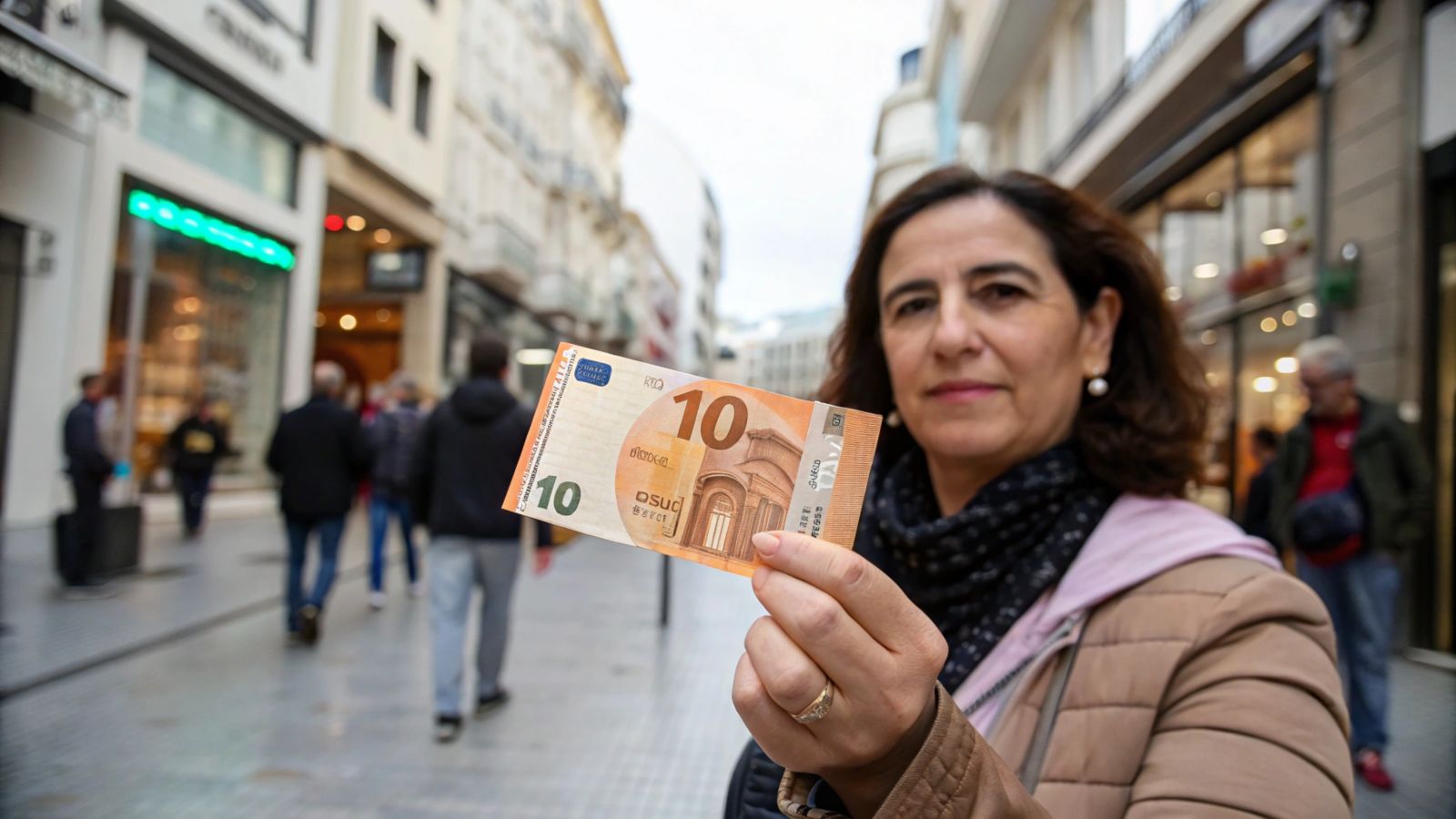Follow us on Google News (click on ☆)
A team of psychologists and economists recruited 1,161 volunteers to participate in the "Dictator Game," a classic method for studying altruistic behavior. Participants had to decide how much of a €10 sum they wished to share with a stranger.

The results show that women gave, on average, 40% more money than men. This trend was observed across multiple game sessions, confirming a significant gender difference in generosity.
The researchers also noted that participants judged to be more open and tolerant were more inclined to share. However, women with better reasoning skills tended to give less than those with lower skills.
This study raises questions about the factors influencing generosity, including the impact of personality and cognitive abilities. The results suggest that gender differences in this area may be deeper than previously thought.
The authors acknowledge that their study was conducted in a controlled environment, which could limit the generalizability of the results. They call for further research to explore these dynamics in more varied contexts.
This research also contributes to a better understanding of altruistic behaviors and gender differences, opening new perspectives for studies in psychology and behavioral economics.
What is the Dictator Game?
The Dictator Game is an experiment used in psychology and economics to study altruistic behavior. One player receives a sum of money and must decide how much they wish to share with another anonymous player. This game allows for the exploration of motivations behind sharing decisions, without the risk of reciprocity.
In the context of this study, researchers used this game to compare levels of generosity between men and women. The results showed that women were significantly more generous, offering on average 40% more than men.
This method provides a unique insight into human behavior in decision-making situations, without the biases introduced by social interactions. It thus allows for the isolation of factors influencing generosity, such as gender and personality.
How does personality influence generosity?
The researchers also explored how personality traits influence sharing decisions. Participants completed a personality profile before playing, allowing researchers to correlate these traits with their level of generosity.
It was observed that individuals judged to be more open and tolerant were more inclined to share. This suggests that certain personality traits can promote altruistic behaviors.
However, a surprising finding was that women with better reasoning skills tended to give less. This could indicate that higher cognitive skills lead to more strategic decisions, potentially less altruistic.
These results shed light on the factors influencing generosity, showing that personality and cognitive abilities play a significant role in these decisions.